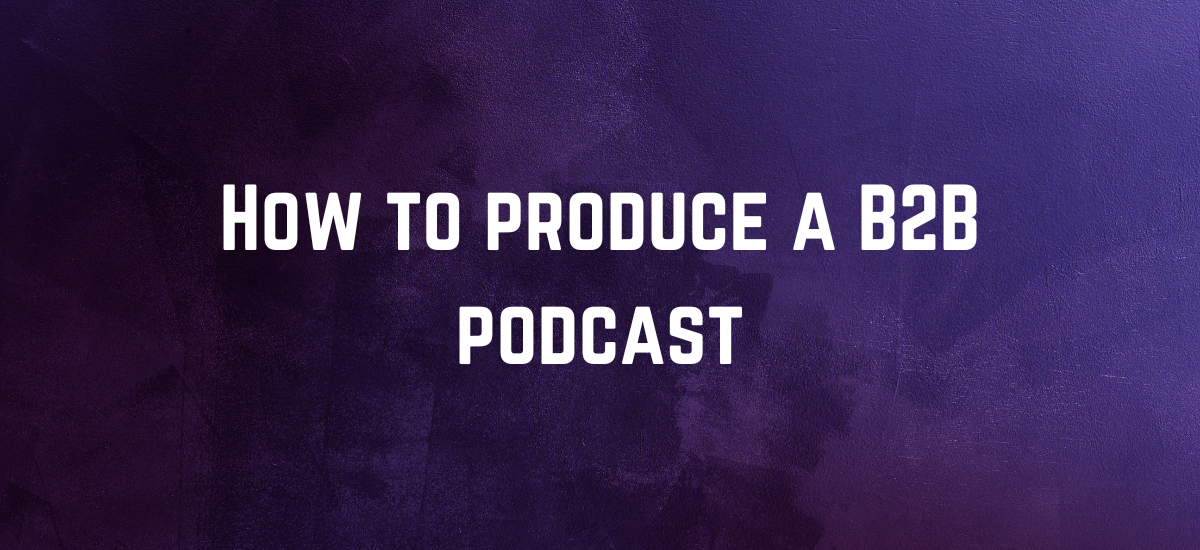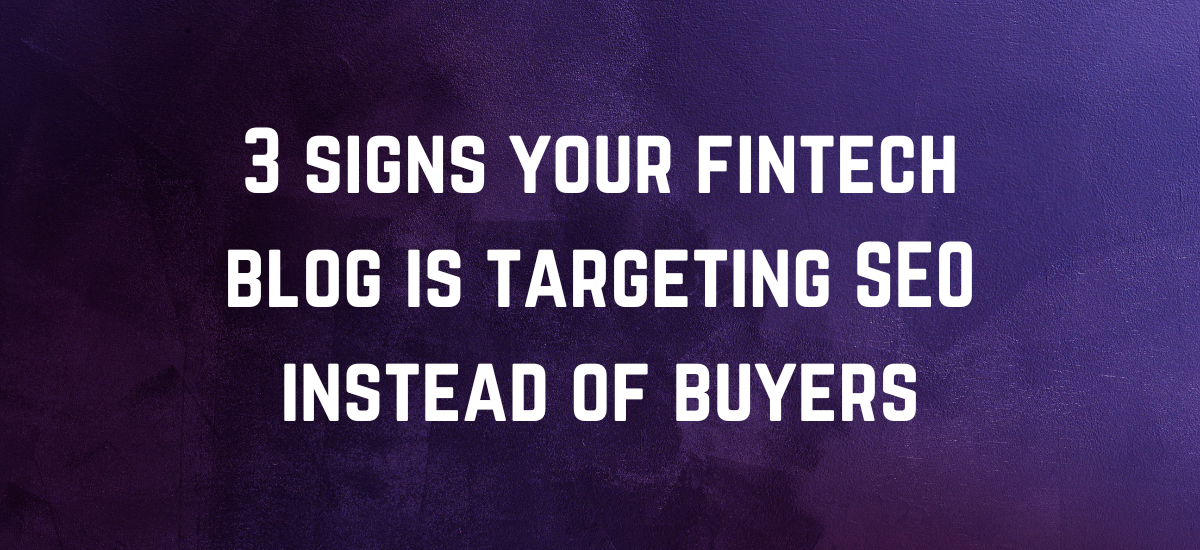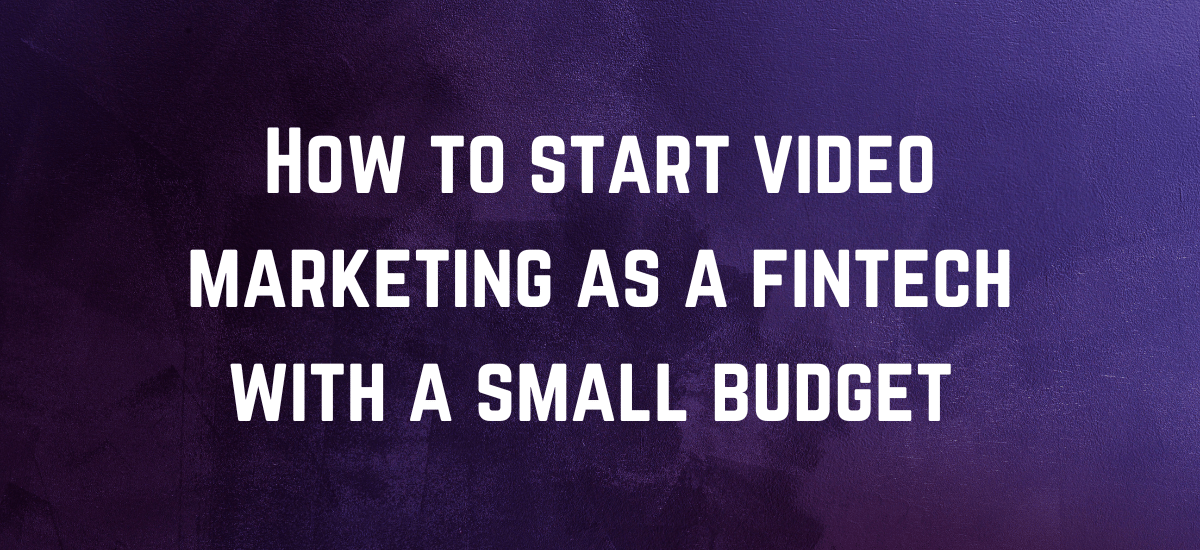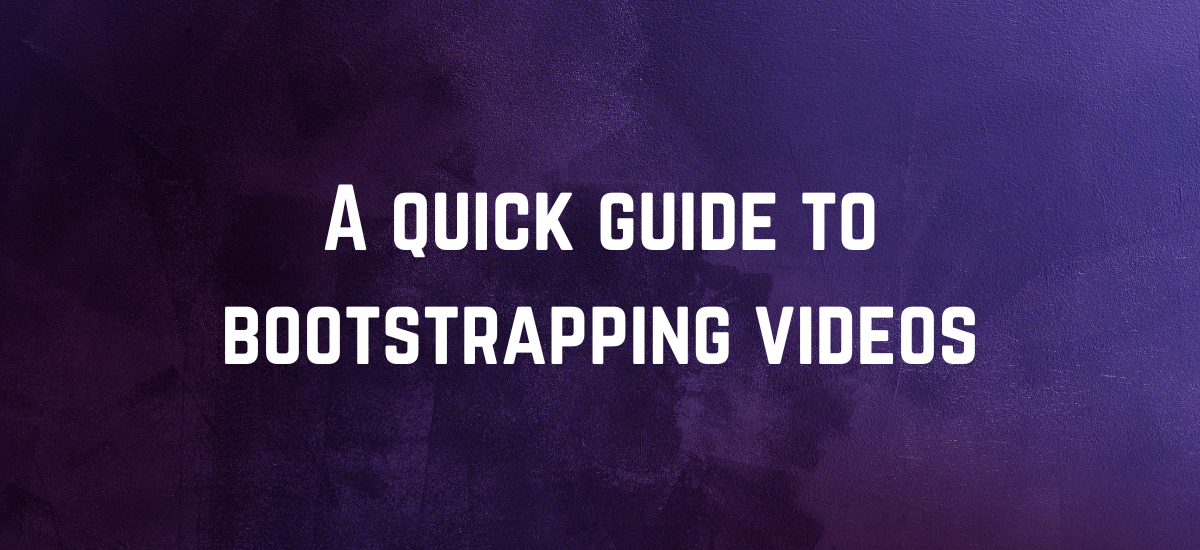by deborah
Share
by deborah
Share

If you’ve noticed an uptick in business-related podcasts, you’re not alone.
Industries of all kinds have begun to notice the marketing power of podcasts. From financial advice and technology news shows to investing and early retirement, there’s a wide range of podcasts within the FinTech industry alone.
Here’s how to start your own.
Setting Up Your Podcast
There are a few essential starter steps to take before recording a podcast, including picking a name and theme.
Your name should be indicative of the type of show you are hosting and the topics you will cover.
A great example of this is the FinTech Insider podcast by 11:FS. “FinTech Insider” has a clear title that conveys what topics are covered while using the powerful keyword “insider” to give listeners a sense of exclusivity.
Once you have your podcast title and theme suggested, your next key tasks include:
- Putting Together a Questionnaire: Having a pre-set questionnaire will help you build cohesive episodes with a consistent interview style. However, you should always customize your questions for each specific
- Building Email & LinkedIn Templates: Email and LinkedIn are two of the best ways to find and reach out to guests for your Building invitation templates for email and LinkedIn to send to your potential guests will save you a lot of time in the long run.
- Designing a Podcast Cover on Canva: For many podcast listeners, a well- designed podcast cover can be what initially draws them in.
Finding & Interviewing Guests on Your Podcast
Most podcasts will have a central theme that all episodes revolve around, such as financial education. After choosing your theme, one of the best ways to make your episodes compelling to listeners is by interviewing experts in the field of your chosen theme.
Here are the 5 key steps to finding and interviewing guests:
- Find a Guest and Reach Out to Them: A good place to start looking for guests is within your own business or company. If you have coworkers who are extremely knowledgeable and passionate about niche FinTech topics, begin by interviewing them about these special interests. This will help build your From there, move on to finding speakers on LinkedIn or other social media platforms. Look for people in the news who have something topical to share.
- Ask Your Guest to Come On Your Show: When you are just starting a new project, it can feel intimidating to ask others to participate in it, especially when some level of showmanship and charisma is needed. The key is to have confidence in your ideas and convey that confidence to your potential guests. Once you’re ready to send out invites, start hitting people up via email or LinkedIn.
- Research Your Guest Thoroughly: Diving into an interview blind is like swimming with the sharks. You not only risk embarrassing yourself but also potentially insulting your guest, who has taken the time out of their busy schedule to be interviewed on your podcast. Always thoroughly research your guests before they come on the show. Before the episode starts, clarify how you pronounce their names and the company’s name.
- Write Thought-Provoking Questions: Identity what topics in your theme have already been covered versus those that have been left largely unexplored, and write questions that you feel will bring the best insights out of your guest.
- Conduct Your Interview: Conducting an interview can be nerve- wracking — what’s important is to remind yourself that your guest is likely just as, if not more, Take a deep breath and remember to speak calmly and clearly. Interviews can be recorded easily over a Zoom call. Simply set up the call, click record when you’re ready to start, and then click stop when you’re finished. Let it render, and edit any sections out using a tool like Filmora, or hire an editor.
Publishing Your Podcast
When your episodes are recorded, edited, and ready for publishing, it’s time to choose the best publishing platform for your podcast.
Here are 3 ways you can publish your podcast easily:
- Anchor: Anchor is a free platform for creating, distributing, and monitoring podcasts. This platform is designed to be beginner-friendly and can help you publish a podcast with minimal challenges. Anchor even includes built-in uploading, recording, and editing tools so that you can spend less on equipment and software when starting Anchor is what I use.
- Spotify or iTunes: Spotify and iTunes give you access to some of the largest podcast audiences in the For both, you will need to submit a podcast through an aggregator (which includes Anchor!).
- Website-Hosted: You could also create your own dedicated website and upload your podcast directly to this This can be a good option if you have a bigger team, but may lack the tools and accessibility of an established platform.
Growing an Audience for Your Podcast
Your final step is to grow your audience. There are many ways to grow your podcast, both organically and through paid advertising channels.
Here are some of the best methods for growing an audience for your podcast:
- Build a Social Media Presence: Your social media accounts have a huge role to play in finding your ideal audience and attracting them to your podcast. Sound bytes and entertaining short clips of your podcast can make excellent posts for Instagram, Twitter, and TikTok, helping to build a transferable audience across all your platforms.
- Advertise on Similar Podcasts: One of the best ways to reach your ideal audience is to go to them directly. Reach out to the hosts of similar podcasts, and see if they’d be open to letting you advertise your podcast.
- Encourage Likes, Comments, & Shares: Encourage your listeners to regularly like, comment on, and share your podcast episodes. You can motivate listeners even more by doing special shoutouts during your show for listeners who leave a comment on your latest episodes.
Like any project, you will have both successes and failures in your podcasting journey.
The key is to always welcome feedback from guests and listeners alike, making changes as needed. Unless you are a podcast protégé, you are bound to make a mistake or two along the way, I know I did — just pay attention to where you are thriving versus which areas of your podcast may need some extra care.
If you’d like to hire an agency to manage your podcast content for you, just drop us a line.





